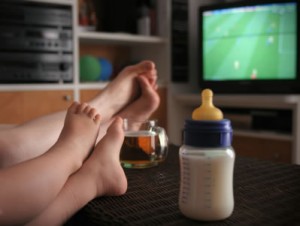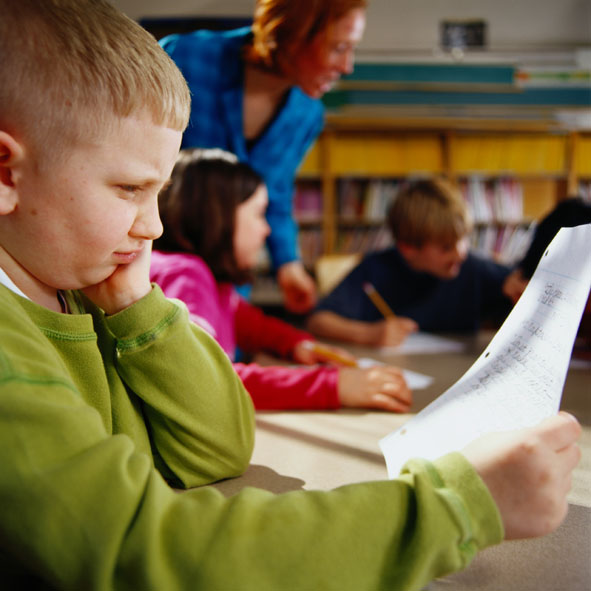Published: October 19, 2011
Accurate Assessments for Poor Performance Better for Self-Esteem, Research Finds

Image: istockphoto
People who try to boost their self-esteem by telling themselves they’ve done a great job when they haven’t could end up feeling dejected instead, according to new research published by the American Psychological Association.
High and low performers felt fine when they assessed themselves accurately, probably because the high performers recognized their strengths and low performers acknowledged their weaknesses and could try to improve their future performance, according to a study in the October issue of the APA journal Emotion. [continue reading…]
Published: October 19, 2011
The stigma of psychosis can isolate carers and make them more reluctant to access crucial support, especially in migrant communities.
Research by Professor Terence McCann from Victoria University’s School of Nursing and Midwifery explored how caregivers of young people with a first episode of psychosis in 20 Melbourne families coped with the stigma of mental illness.
“For relatives and caregivers of people with mental illness, stigma affects many aspects of their already burdened lives, with friends avoiding not only the person who is ill but also the person’s caregivers,” Professor McCann said.
The study found some carers, particularly those from migrant backgrounds, chose secrecy and isolation rather than face the rejection, embarrassment or loss of status they feared in the community.
“Some caregivers simply shut themselves off from others,” Professor McCann said.
He said this approach could have troubling repercussions.
“Secrecy precludes the caregiver and the young person from receiving crucial support from others, it reinforces their social isolation and alienation from friends and neighbours, and for caregivers in particular, it heightens their overall burden of care,” he said. “Secrecy may also mean the caregiver is more reluctant to access timely care for the young person.”
He said the secretive approach to mental illness among migrants was consistent with previous research, by Ryder and colleagues in 2000, in which Chinese-Canadian caregivers were more secretive about psychosis than European-Canadian caregivers. [continue reading…]
Published: October 18, 2011

Image: istockphoto
A decade ago, the American Academy of Pediatrics suggested that parents limit TV consumption by children under two years of age. The recommendations were based as much on common sense as science, because studies of media consumption and infant development were themselves in their infancy.
The research has finally grown up. And though it’s still ongoing, it’s mature enough for the AAP to release a new, science-heavy policy statement on babies watching television, videos or any other passive media form.New AAP recommendations say young children should learn from play, not screens.
The temptation to rely on media screens to entertain babies and toddlers is more appealing than ever, with screens surrounding families at home, in the car, and even at the grocery store. And there is no shortage of media products and programming targeted to little ones. But a new policy statement from the American Academy of Pediatrics (AAP) says there are better ways to help children learn at this critical age.
In a recent survey, 90 percent of parents said their children under age 2 watch some form of electronic media.On average, children this age watch televised programs one to two hours per day. By age 3, almost one third of children have a television in their bedroom. Parents who believe that educational television is “very important for healthy development” are twice as likely to keep the television on all or most of the time.
The policy statement, “Media Use by Children Younger Than Two Years,” will be released Tuesday, Oct. 18, atthe AAP National Conference & Exhibition in Boston and will be published in the November 2011 issue ofPediatrics (published online Oct. 18). Read More
Source:American Academy of Pediatrics (AAP)
Published: October 18, 2011

October 16 – 22, 2011 is National Attention Deficit Hyperactivity Disorder (ADHD) Awareness Week.
ADHD is one of the most common mental disorders affecting children. It affects boys almost twice as often as girls. While some children outgrow it, ADHD affects many adults also. Behavior therapy and medication can help improve the symptoms of ADHD.MORE INFORMATION



